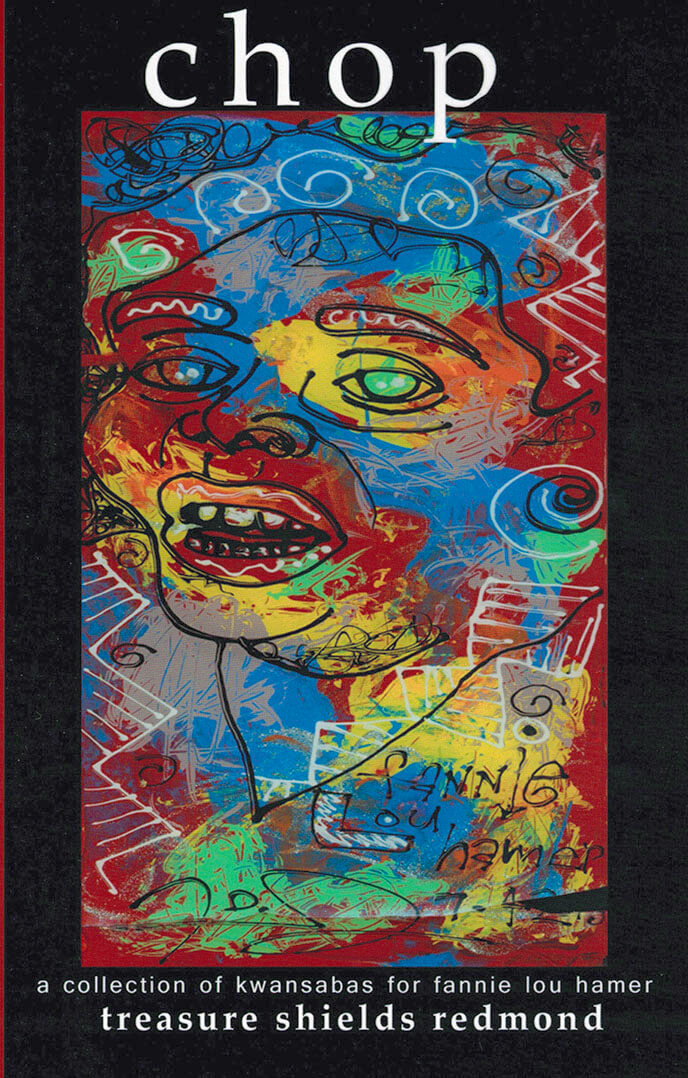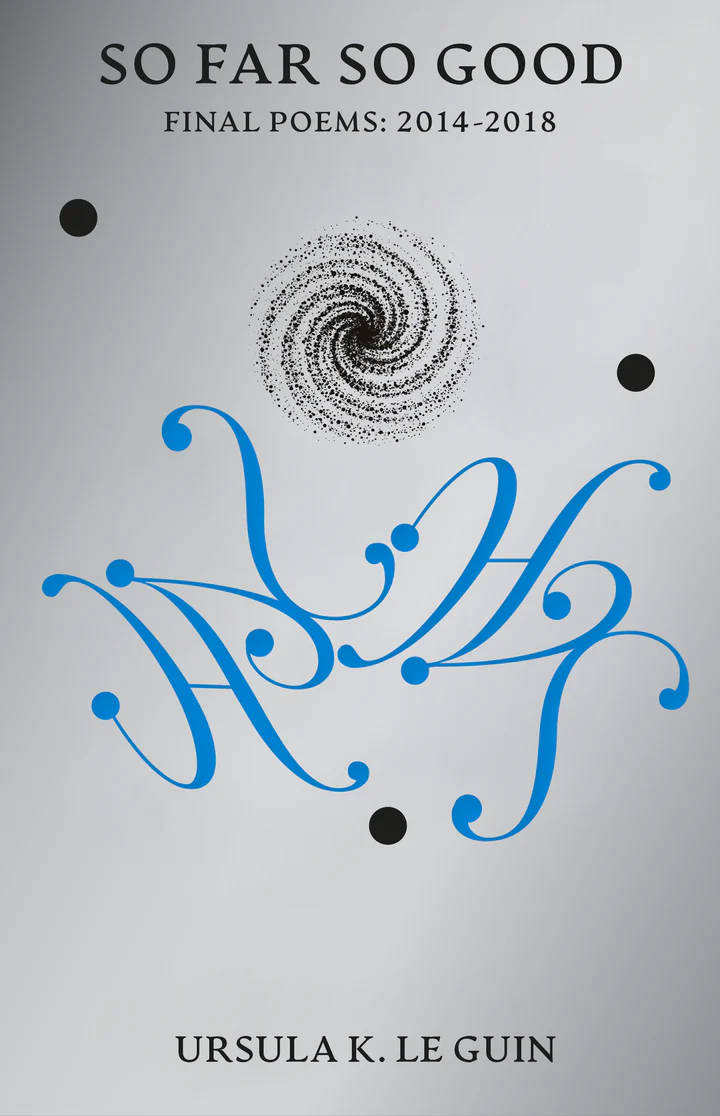
Fiction: The Function
'Fiction' is an ongoing series of works that place themselves between performance props, functional accessories and sculptural objects - an attempt to fuse multiple ready-mades into a cluster that successfully intergrades all three at once.
Fiction: The Function, was the first physical display of these objects, of these handbags, these vessels: meant to carry stories and secrets, as well as depositories of junk from everyday life. They reference the feminist theory of Ursula K. Le Guin, The Carrier Bag of Fiction which opposes the dominant theories claiming the first man-made invention to be the penetrating sword or spear and argues for the alternative that carrier bags are more likely to have been the earliest human tool.
As proper ”carriers of fiction” themselves the sculptures exhibited were accompanied by a publication including scans of found and collected objects combined with original poems.
Designed by Atelier Brenda







